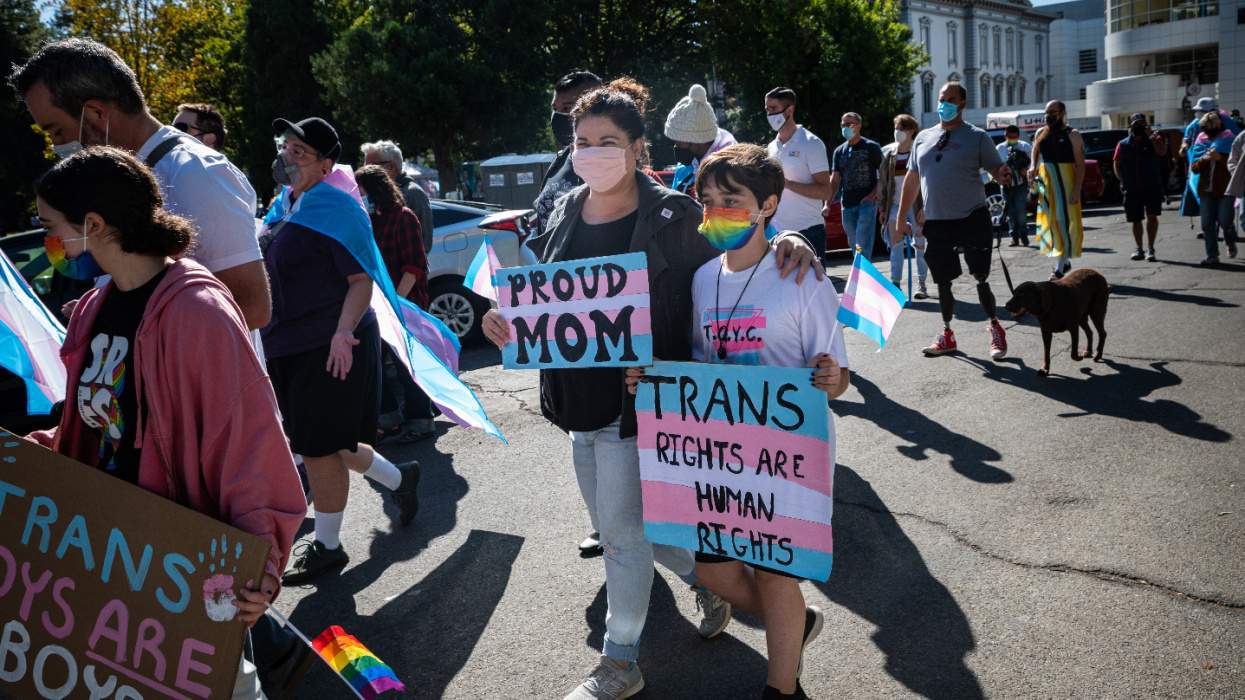The support of pediatricians is crucial to the well-being of transgender and gender-nonconforming young people, says a new policy statement issued by the American Academy of Pediatrics.
The statement, which was published online today and will be in the October issue of the journal Pediatrics, recommends that what the academy calls "TGD" youth -- transgender and gender-diverse young people -- "have access to comprehensive, gender-affirming, and developmentally appropriate health care that is provided in a safe and inclusive clinical space."
It also calls for the availability of family therapy to foster support for TGD youth, for insurance coverage of needed procedures, and for inclusion of TGD health care in medical education. It further calls for increased research on TGD health issues and for pediatricians to advocate for laws and policies that support TGD youth.
In an online article accompanying the policy statement, the AAP notes the stigma and discrimination TGD youth face, and that they have high rates of self-harm and suicidality. A study published in the September issue of Pediatrics found that more than half of trans male teens had attempted suicide, and trans girls and nonbinary youth had high rates as well.
"TGD youths, like all children, flourish when they feel supported," says the article by Jason Rafferty, MD, who is also the lead author of the policy statement. "Therefore, the policy emphasizes a gender-affirmative model of developmentally appropriate care oriented toward understanding and appreciating the gender experience of all youths."
"Regardless of developmental stage," Rafferty continues, even very young children "who assert a TGD identity know their gender as clearly and consistently as their developmentally equivalent peers and benefit from the same level of validation and social acceptance. Instead of attempting to predict, prevent or pathologize who a child may become, or withholding critical support, a gender-affirmative model is aimed at valuing every child for who they are in the present, even at a young age."
"Overall, pediatric providers can play an important, if not life-saving, role in promoting the health and development of TGD youths," Rafferty adds. "While every family's experience is distinct, the need for nonjudgmental affirmation and empathy is universal."















Charlie Kirk DID say stoning gay people was the 'perfect law' — and these other heinous quotes
These are some of his worst comments about LGBTQ+ people made by Charlie Kirk.